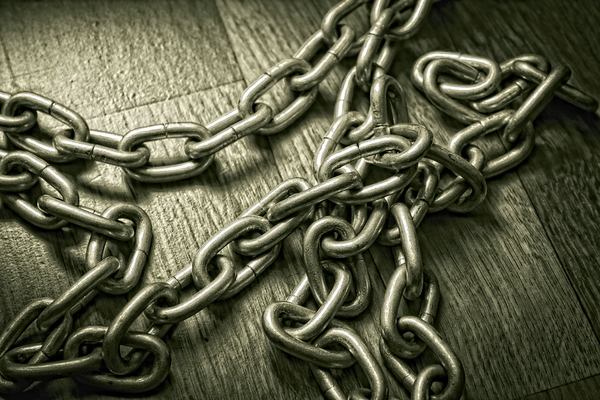
Enhanced understanding of the lies addicts tell themselves can help break shackles of addiction.
Family members and friends of addicts are accustomed to addicts lying to them. What they may fail to realize is that addicts are lying to themselves, as well. Understanding how the mindset of an addict can impede his/her own recovery is an important step in getting them the help they need to recover. If you’ve ever found yourself asking the question, “How do addicts think?” read on for a roundup of eight lies addicts tell themselves.
1. I am in control over my substance use and can stop whenever I want.
Addicts are at the mercy of their drugs of “choice.” Unfortunately, many rationalize their addictions by thinking of it as a choice, as opposed to an addiction. It is only in reaching rock bottom—and facing the many negative consequences that go along with it—that most addicts realize the reality: they have no control.
2. My addiction only impacts me.
It’s not always easy to evaluate all of the people impacted by the decisions we make. For addicts, it’s almost impossible. Why? Because the only way to justify their ongoing use—and the profound effect it can have on others in a multitude of different ways—is to tell themselves that the “concern” of others is really about “control.” As anyone who’s ever loved an addict knows, this couldn’t be further from the truth.
3. I need drugs and alcohol to cope with my life.
On the one hand, addicts tell themselves that they’re completely in control. At the same time, they believe deep down that they need drugs and alcohol to manage life’s many challenges. Of course, we all know that self-medicating isn’t the solution and that it can actually lead to a vicious cycle of worsening problems and increased substance abuse. If addicts could think clearly, they’d realize that the only way to truly manage their problems and move forward with their lives is to remove drugs and alcohol from the equation.
4. Everyone else is doing it.
Some people can use drugs and alcohol and never get addicted. Others use only once and are instantly hooked. From genetics to environmental factors, drug addiction is highly individualized. Ultimately, one person’s substance use has no bearing on another’s.
5. I’m not as bad off as other addicts.
There’s false consolation to be found in the fact that there’s always someone out there worse off than we are. These comparisons do nothing to improve an addict’s life; in fact, they offer justification for ongoing detrimental behaviors. Additionally, just because someone else is also struggling with substance abuse doesn’t excuse or justify another’s behaviors.
6. A drug-free life is a fun-free life.
Because drug addicts are slaves to their addictions, many convince themselves that using is the only way to enjoy life. But anyone who’s ever been through recovery and emerged clean and sober on the other side can attest to the fact that the natural high that comes from reclaiming your life, reconnecting with loved ones, and conquering your addictions for good can be a truly euphoric feeling. Sobriety doesn’t mean a life of boredom and misery. In fact, it’s entirely liberating!

New and fulfilling natural highs emerge when chemical highs are eliminated.
7. Recovery isn’t possible for me.
There’s no such thing as being too far gone. While recovery is certainly difficult, having the right attitude can make all the difference. Addicts who give up and tell themselves they’d rather die than recover need to know that help is possible—no matter how hopeless their substance addiction may seem.
8. I deserve to suffer.
From broken relationships to jail time to chronic health problems, drug addiction is accompanied by many negative outcomes. But just because all addicts must live with the consequences of their actions doesn’t mean they deserve bad things to happen to them. In fact, when addicts start truly believing that they deserve better—and that a better life is in their own hands—they take an important step in the direction of sobriety.
One last lie addicts tell themselves? That they’re in it alone. In reality, this couldn’t be further from the truth. In addition to the support of friends and family members, addicts also have a vital resource on the path to wellness: drug addiction recovery programs.
We’re Here to Help
For more information on Harris House’s leading programs for addiction recovery in St. Louis, contact us today.







